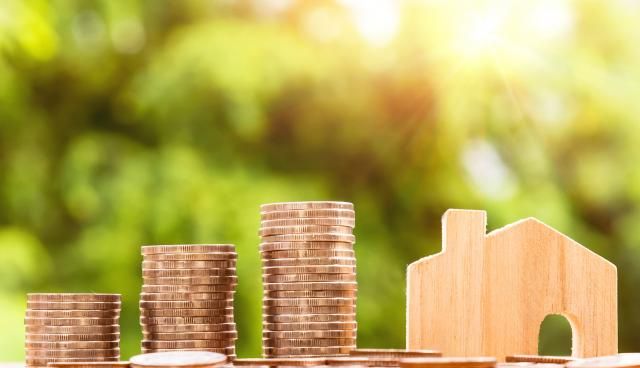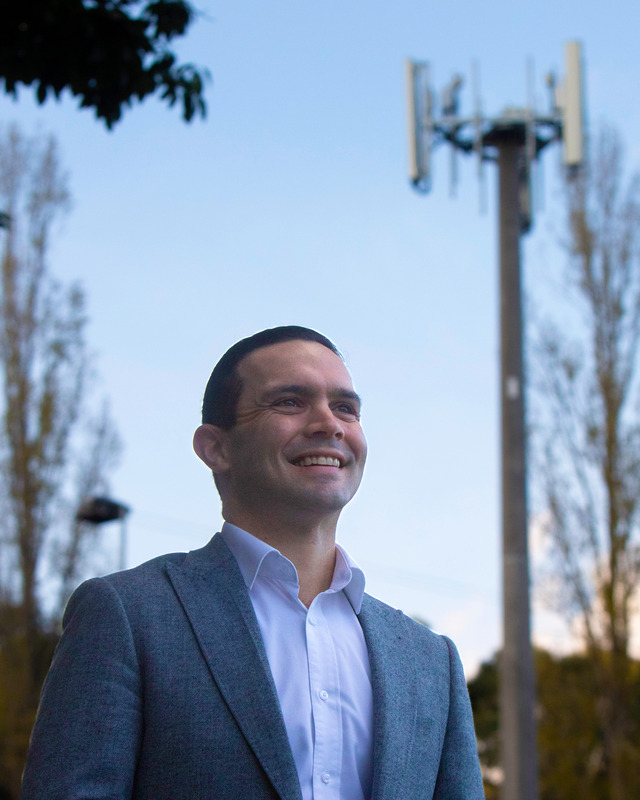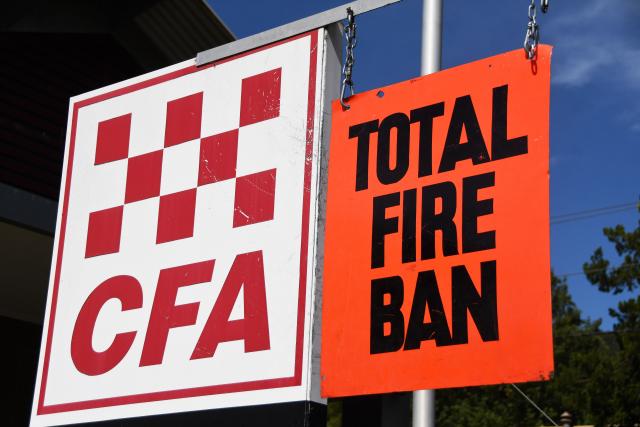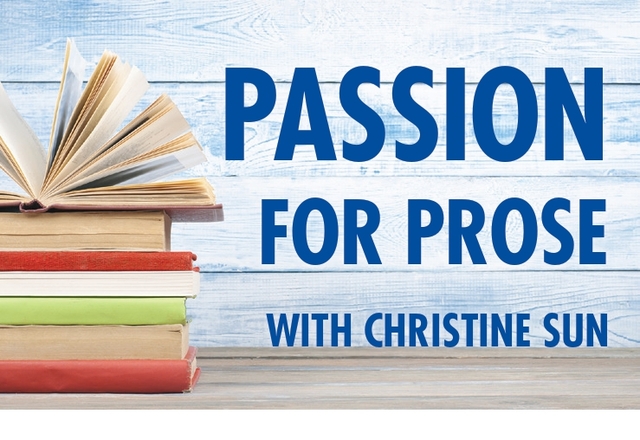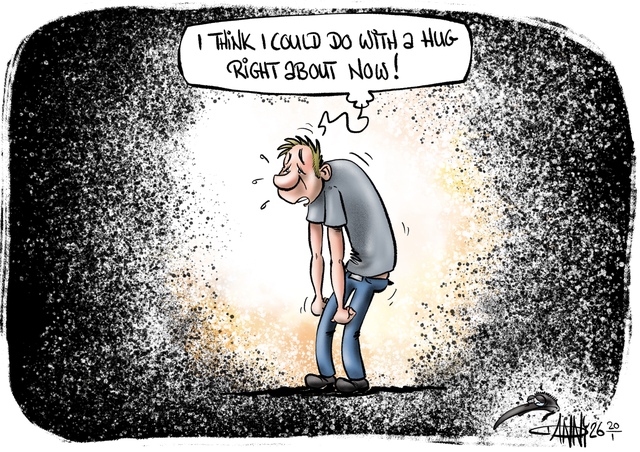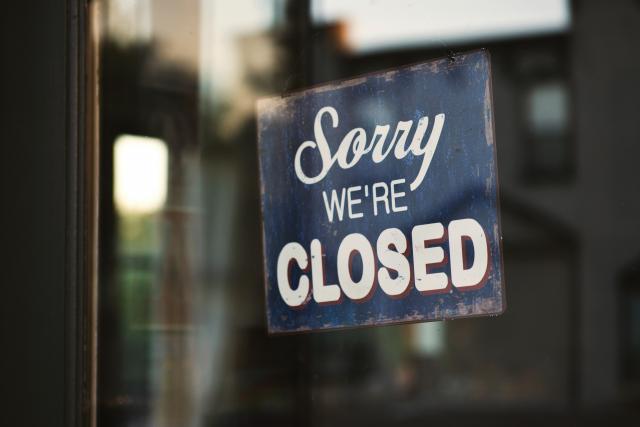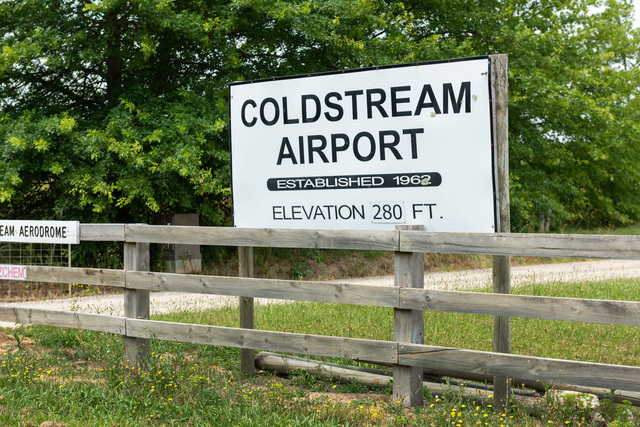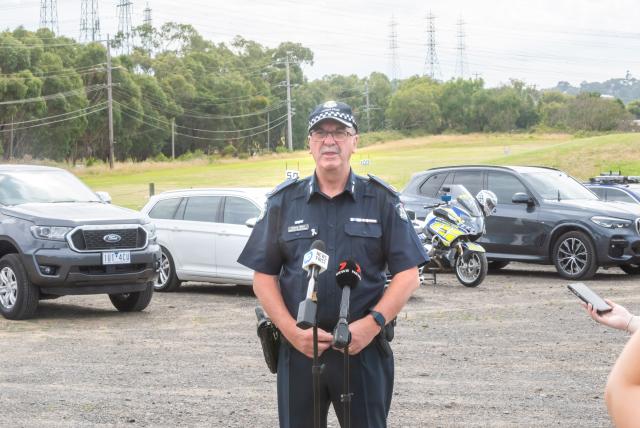After 11 consecutive increases, the Reserve Bank of Australia recently put a pause on interest rate rises.
After a meeting of the RBA board on Tuesday 4 April, RBA governor Philip Lowe said the decision to not increase the cash rate follows an increase of 3.5 percentage points since May 2022.
“The Board took the decision to hold interest rates steady this month to provide additional time to assess the impact of the increase in interest rates to date and the economic outlook,” he said.
“The Australian banking system is strong, well-capitalised and highly liquid. It is well placed to provide the credit that the economy needs.”
He said a range of indicators, including the monthly consumer price index indicator, suggest inflation has peaked in Australia.
“Goods price inflation is expected to moderate over the months ahead due to global developments and softer demand in Australia. Meanwhile, rents are increasing at the fastest rate in some years, with vacancy rates low in many parts of the country,” Mr Lowe said.
“There is further evidence that the combination of higher interest rates, cost-of-living pressures and a decline in housing prices is leading to a substantial slowing in household spending.”
The cash rate represents the interest rate on unsecured overnight loans between banks and serves as the benchmark rate for mortgages, savings accounts and exchange rates.
The rate reprieve elicited different responses.
Compare the Market’s General Manager of Money Stephen Zeller said the decision to not raise the cash rate will allow variable-rate borrowers to breathe a sigh of relief.
“With the rising cost of fuel, groceries, gas and electricity, this reprieve is just what many borrowers needed to be able to keep up with their repayments,” he said.
“Especially considering a person with a $500,000 mortgage is already paying more than $1,000 more each month than they were at the start of May 2022.”
National housing campaign Everybody’s Home spokesperson Maiy Azize said renters won’t get a break from the soaring cost of housing.
“Renters have been feeling the pain of rising costs for years, with rents surging even when landlords were benefiting from record low-interest rates,” she said.
“We have been seeing huge rent increases every year for far longer than we’ve been seeing interest rate rises. But while interest rates have become a political crisis, politicians have not been made to answer for the fact that rents have gone up by $6,000 in the last three years alone.”

